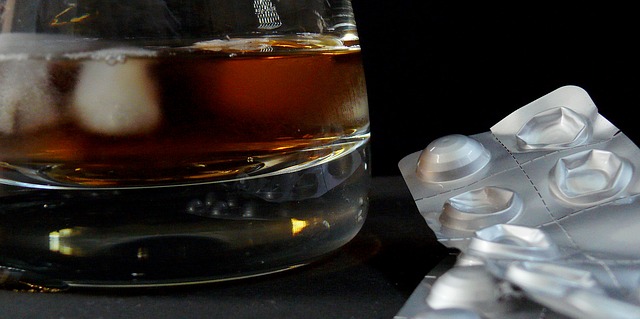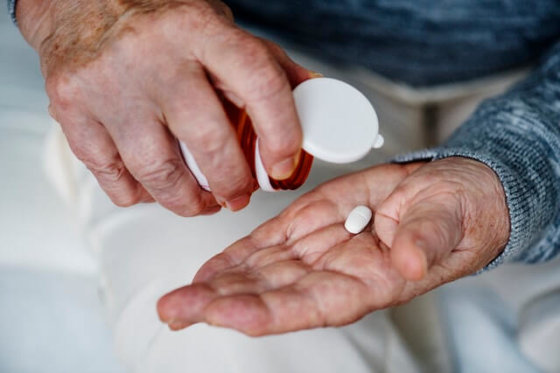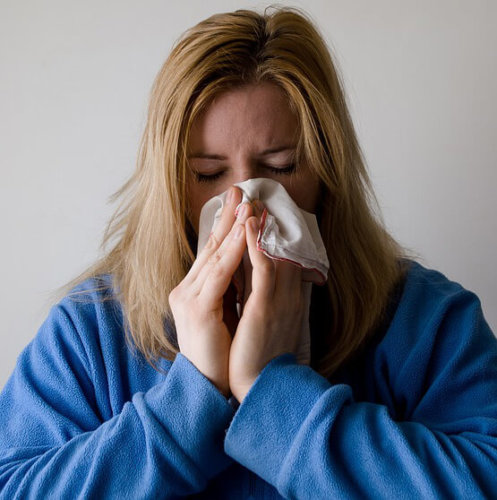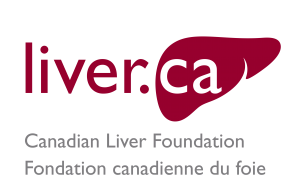What’s Intended To Help Shouldn’t Hurt

What’s Intended To Help Shouldn’t Hurt
We’re approaching holiday party season, and soon, your calendar will be filling up with office and client functions, neighbourhood get-togethers, family dinners and outings with friends. Unfortunately, this peak time for socializing coincides with cold and flu season and these viruses will be the unseen guests at many holiday parties.
Since none of us wants to be sick at this time of year, our first instinct will inevitably be relying on medications and remedies to defeat our symptoms as quickly as possible. Before you head to the medicine cabinet, however, there are a few things you should know to ensure that what you take will help not hurt.

The liver is the body’s clearinghouse for most drugs, herbal remedies, vitamins and supplements. But if we use too much of a medication or supplement, or use two or more at the same time, it can do us serious harm.
Both herbal and pharmaceutical medications undergo important chemical changes when processed by the liver. While the original product might not be considered harmful, the resulting by-products may be toxic to the liver. The interaction of one medication with other medications – or when combined with alcohol – may also cause life-threatening complications for otherwise healthy people.

If you already have liver problems, it is especially important that you are extra careful. You may not be able to take even the most ordinary over-the-counter remedies to treat common ailments like headaches or colds, let alone prescribed medication for high blood pressure or other health problems.
The following are tips to help safeguard your liver health and ensure that you get the relief you’re looking for without any unexpected side effects:
Never mix medication with alcohol
Alcohol increases the risk of possible liver damage. Acetaminophen (i.e. Tylenol®) can be especially toxic when combined with alcohol.

Be careful about mixing products that contain acetaminophen
By taking more than one pain reliever or cold remedy at a time, you may accidentally take more acetaminophen than is safe. Consult your doctor about acetaminophen if you have liver disease.
Follow the exact dosing instructions
Instructions given by your doctor or that is written on the medication label are provided for a reason! Medication is more than just drugs prescribed by your doctor. It includes over-the-counter products, vitamins and minerals, and herbal and natural health products. You should consult with your pharmacist before combining prescription, non-prescription or natural health products.
Never share medication
Simply, what helps you, can hurt someone else
Know how and when to take medication
Medication affects each person differently. Tell your doctor and pharmacist about any side effects of your medication. Be sure you know the name and purpose of each medication you are taking. If you’re unsure, ask your pharmacist.

Keep an up-to-date record
Logging any medications you are taking, as well as non-prescribed drugs, supplements or any other health information is essential to understanding how your body has reacted the drugs in the past and may help your healthcare practitioner give you more accurate information that will help you in the long-run.
Store your medication in a cool, dry place, out of children’s reach
When taking multiple medications, be sure not to mix them or transfer them into different containers.

You should know…
- To have a complete medication record, fill all your prescriptions at the same pharmacy.
- Up to 50% of medication is taken incorrectly.
- The same medication can have more than one shape, colour, size or name (brand names vs. generic names).
For more information on some other seemingly harmful decisions that could affect your liver health, check out our list of possible risks and prevention tips.


